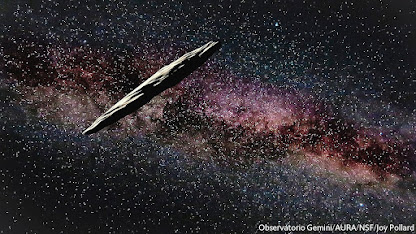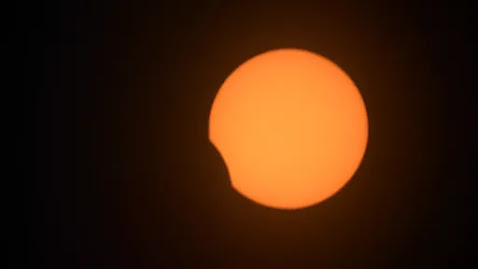Our Attempts to Discover Alien Life Have Failed. This New Strategy Has the Potential to Change That.
Scientists have been aiming radio antennas into the sky for more than 60 years in the hopes of overhearing a message from an extraterrestrial civilization—proof that we are not alone in the cosmos.
However, listening for a whisper in a cyclone is like searching for alien intelligence, or SETI. The vastness of space is unfathomable. There's a lot of noise coming from all directions, particularly from the limitless number of stars dying and birthing. It's possible that an E.T. signal will be weak. For our interplanetary eavesdropping, we only have so many devices, as well as so much time, money, and people.
Worse, humans may not even be able to distinguish an extraterrestrial transmission when we hear it. After all, who knows how E.T. might communicate in the real world?
Ross Davis, an Indiana University expert in information and communication sciences, is ready to imagine what aliens sound like from afar. He believes this will be enough to enable SETI researchers cut through the clutter and focus their search. "All of this is to get us closer to answering one of humanity's most pressing questions: Is there life elsewhere in the universe?" According to Davis, who spoke to The Daily Beast.
Davis outlined how a high-tech extraterrestrial culture would employ long-range microwave radio to transport signals from planet to planet—and also to aid navigate between them—in a new research that has not yet been peer-reviewed.
SETI practitioners may focus their attention to the regions in space where putative extraterrestrial transmissions make the most sense using this dual-purpose "technosignature" as a guide, excluding vast swaths of the galaxy from the SETI search pattern.
It's an elegant answer to a long-standing difficulty in radio-based SETI. "Radio SETI has traditionally only examined a tiny section of the sky for technosignatures," Davis said.
One reason we've never identified any extraterrestrial signals might be due to our sluggish, limited, and random exploration of the expanse of space. Davis, citing astronomer Jill Tarter, an early SETI champion, stated, "It's like scooping just a single glass of water from the ocean."
Davis' idea, assuming it passes peer review and is widely accepted in SETI, has the potential to reduce the size of the cosmic ocean. The search for extraterrestrial signals would still be difficult. Just a smidgeon shorter.
Many scientists believe there is a mathematical chance that there is life elsewhere in the universe. Why would life develop on our planet, and only our world? Martin Dominik, an astronomer at the University of St. Andrews in Scotland, told The Daily Beast, "Earth is not the centre of the universe." "Why should we be the only ones?" says the narrator.
If these scientists are correct, and Homo sapiens is only one of many intelligent species in the Milky Way, Davis' technosignature might help us get closer to meeting them sooner.
In 1960, Cornell University astronomer Frank Drake positioned an 85-foot-wide radio telescope in West Virginia toward the target of what we now call SETI research.



Comments
Post a Comment